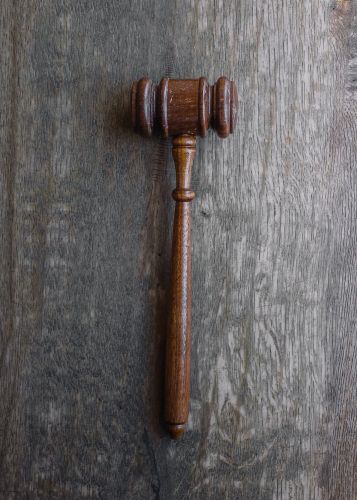
I am often contacted by people who have been wronged by a private school that they or their children have attended. Many times people tell me that they want to sue because the student’s due process was violated or their rights were somehow discriminated against. However, in most cases these types of claims are unavailable since the schools are private. Private schools are not held to the same standards as public schools when it comes to certain constitutional rights and issues. However, being a private school or private college, does not exempt them from being sued by those they have wronged. Here are the top three most common claims for a lawsuit that can be filed against private schools, private universities and private colleges.
1. Breach of Contract Claims
When you enter a private school, you usually sign some type of admission agreement or other document. You then pay money to the school and in return, expect certain things. If the school does not provide you with those things, you probably have a claim for breach of contract. Courts have pretty consistently held that the nature of a relationship between a student and a private school is contractual in nature. Contracts can arise from admissions agreements, the school’s handbook, and possibly from statements on a school’s website or statements in promotional materials.
2. Fraud
Fraud or negligent misrepresentation is another common claim that might be brought. You are deciding on enrolling in a particular school. You read things put out by the school. For instance, the school promises particular classes, or sports, or career training. Maybe you speak to someone from the school and they tell you these things verbally. Based on what you were told or read, you decide to enroll. Once enrolled, you find out that these things were not true. You have been induced to enroll because of those false or misleading statements. You have an action for fraud or negligent misrepresentation.
3. Negligence
Negligence means that the school had a duty to you. Perhaps it was a duty to provide you with certain things, or a duty to follow its policies, or a duty to keep you safe. If the school fails or “breaches” that duty, you may be able to assert a negligence claim. There are simply too many scenarios to go into that may bring about a negligence claim. These kind of negligence claims are typically not the same as getting in a car accident, so a lawyer who is familiar with education law and school law is essential to assist you.These are just three of the most popular actions that could be brought against a private school, private college, or private university in a lawsuit. This list is by no means exhaustive and there are certainly other causes of action that might be brought against a private institution. Every case is unique, so the type of claim or claims that can be brought depends on your specific situation. It is very important to consult with a school law attorney if you feel you may have a cause of action to sue a private school, private college, or private university. Having an education lawyer on your side is the first step in trying to right a private schools wrongs.
Other Options
Lawsuits can be expensive and clients cannot expect to get their attorney fees back. I suggest before filing a lawsuit, that clients first start with a pre-suit demand packet to the school. Click to read about pre-suit demand packets – a more cost effective way to get what you want here. Richard Asselta is an education law attorney and the founder of Asselta Law, PA, with offices in Florida and New Jersey. Asselta Law concentrates on Education and School Law, as well as Appeals. Mr. Asselta was the attorney for a large public school district. He draws upon the knowledge gained from the other side of the table to work with teachers and students on legal issues in all education settings. Asselta Law advises clients throughout the United States. Contact us today for a free consultation with a knowledgeable higher education lawyer.
